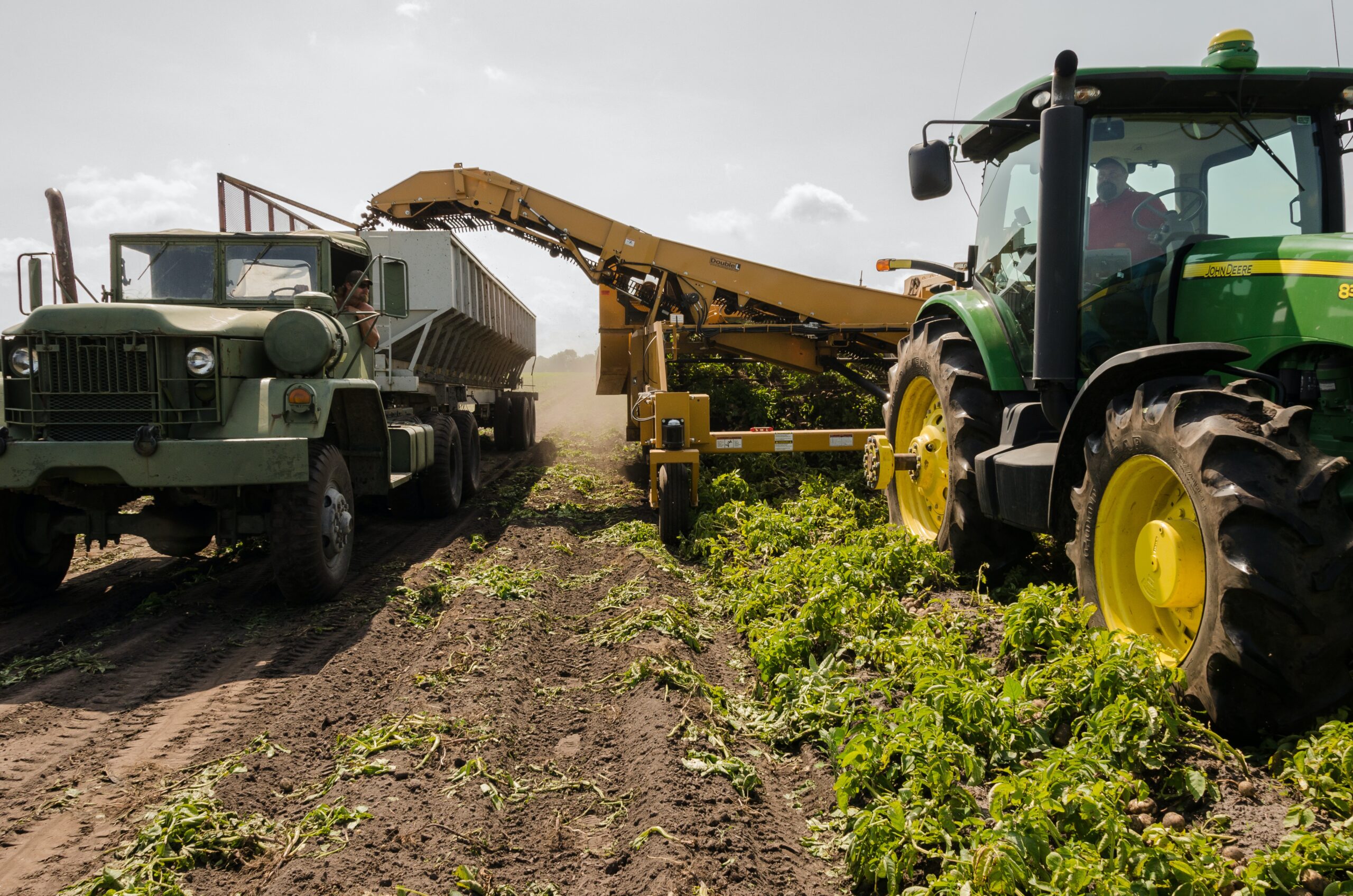Among the new Texas laws set to go into effect on September 1 is a measure of particular importance to rural Texans: the so-called Right to Farm bill.
The bill protects farmers and ranchers from being sued for carrying out regular agricultural operations. Rural advocates say the measure is particularly important given the continued growth of cities and suburbs in Texas.
Tiffany Dowell Lashmet, a lawyer and author of the Texas Agriculture Law Blog, talked with the Texas Standard about what’s in the bill. Listen to the interview above or read the transcript below.
This transcript has been edited lightly for clarity:
Texas Standard: What does the term “right to farm” mean in this context? Doesn’t everyone have the right to farm if you can find the land?
Tiffany Dowell Lashmet: So “right to farm” has a specific meaning here based on the statute. And right to farm statutes, actually, all 50 states have them. And the basic idea is they want to protect agricultural producers and ag operations from claims like nuisance lawsuits.
So, for example, we see cities that are growing out into the country. Maybe somebody who builds a house next door doesn’t like the smell or the dust or the noise from the farm and files a nuisance lawsuit. The main purpose of a right to farm statute is to give that ag operation a defense to those types of lawsuits.
I see. So give us an example – and I wonder if we’re not seeing more examples, especially with more people moving out of the big cities during the pandemic era?
So this actually started kind of in the 1980s when we saw sort of, you know, urbanization sprawling out into the countryside. I think you’re exactly right – we’re seeing more of that now, even continue.
So, you know, one example would be somebody moves down the road from a dairy or a feedlot and they don’t like the smell when the wind blows in a certain direction, right? They’re looking at filing a nuisance lawsuit against that dairy or that feedlot to try and shut down their operation because it interferes with that person’s use and enjoyment of their property.
Noise is another example. So, you know, harvesting equipment running at night maybe, or propane cannons that sometimes are used to fire off and scare birds away from certain crops are also examples.
Yeah, obviously a lot of noise and visuals and things that can happen during the course of farm work. But what you were describing – that scenario was someone who’d been in the business of farming. Someone moves in from outside and and that newcomer is the one who’s concerned. Does this apply to situations where you have someone who wants to get into the business, they move into an area and set up a farm? I mean, is it first come, first serve? Isn’t that part of the principle of nuisance law in cases like these?
So, great question. So under the Texas statute, the ag operation has to be in operation substantially unchanged for at least one year before it gets that right to farm protection.
So let’s say a new operation comes in. They get started. Essentially, the neighbors have a year to complain. Once they’ve been in operation for a year, then this right to farm statute protections come into play.
Very interesting. Well, the significance of this bill for rural Texas is obvious, but why should folks in cities and suburbs care about this, or should they?
I think that they should, and the Legislature actually has a provision in the statute that really explains why. Basically it’s because of the importance of agriculture to Texans, the importance of food security.
I think during the pandemic, that’s something we all really realized was really an important thing – the importance of conserving and protecting open space and agricultural land in the state. And then, of course, just the importance of the ag industry to our economy.
I think all of those reasons are why this bill is important – not just to rural Texans, but to folks in cities as well. The other thing I will mention, there’s kind of a second part of this chapter that deals with when regulations can be imposed on ag operations located within city limits.
And what does it say there?
Yeah, the statute has some pretty strict limitations on when a city can impose regulations on farms in their corporate bounds.
In fact, that’s sort of consistent with a lot of things that the Legislature passed this year, limiting city’s ability to regulate certain industries that have outsized economic impact on Texas – agriculture being one of those, clearly. How important is this legislation as urban sprawl continues in Texas and we’re seeing a disappearance of rural land?
I mean, you’ve hit the nail on the head as to why this is so important, because we do continue to see so much rural land here in Texas be fragmented or be lost altogether.
I think having this protection from any type of lawsuit that seeks to restrict or prevent ag operations is hugely important. Again, not only to producers – not only to rural communities – but to Texas as a whole, given the benefit that ag offers our state.













